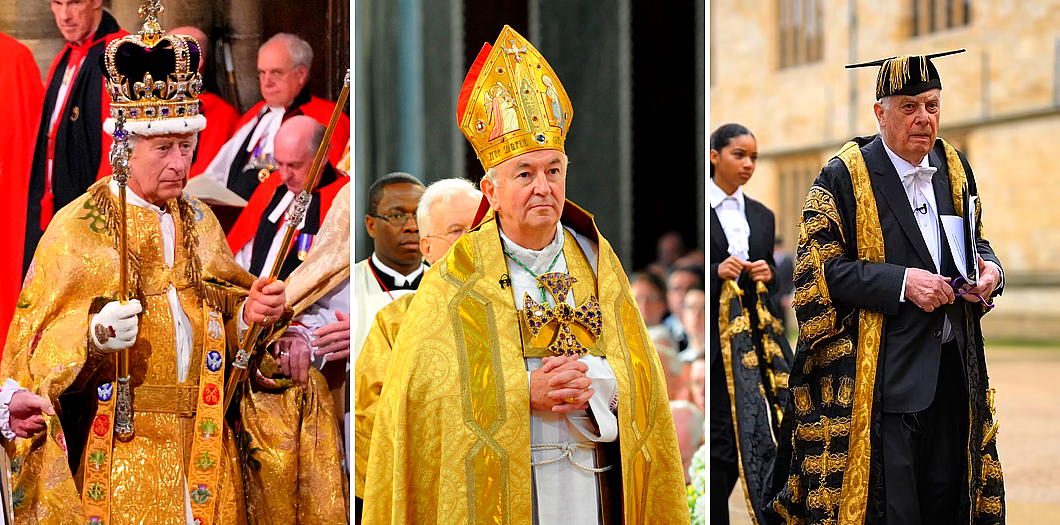
About Andrew Cusack
 Writer, web designer, etc.; born in New York; educated in Argentina, Scotland, and South Africa; now based in London.
Writer, web designer, etc.; born in New York; educated in Argentina, Scotland, and South Africa; now based in London. read more
News
Blogs
Reviews & Periodicals
Arts & Design
World
France
Mitteleuropa
Knickerbockers
Argentina
The Levant
Africa
Cape of Good Hope
Netherlands
Scandinavia
Québec
India
Muscovy
Germany
Academica

Regnum, Ecclesia, Studium
The threefold division of the world
As such he might be expected to have ideas about the idea of a university, and he wrote about them in The Spectator in August 1983.
Mister Grimond (as he still was then, only just), suggested those interested in the subject “might turn to a lecture by Ronald Cant, sometime Reader in Scottish History in the University of St Andrews”:
[…]
A vital aspect of this tripartite organisation, as Cant says, was that each should serve and support the other. But the studium, while interacting with the regnum and ecclesia, must maintain its independence.
It was certainly the business of the studium to advance knowledge, but that was not to be the end of the matter. Knowledge was linked to public service. The learned man had a duty to the community as well as a right to pursue his intellectual quarry. In fact he pursued the quarry on behalf of the community.
The tripartite division of the world, although old-fashioned, seems to me a useful concept, emphasising that government, morality, and higher education are separate but intertwined.
It seems to me that if we expel the regnum and the ecclesia utterly from the world of the university we shall end up paradoxically with universities totally dependent upon the state… but as subservient as those in Rome.
The liberal spirit gave birth and sustenance to universities; if its progeny does not foster it in the regnum they may indeed end up as purely vocational colleges.
Search
Instagram: @andcusack
Click here for my Instagram photos.Most Recent Posts
- Articles of Note: 27 January 2025 January 27, 2025
- Spooks’ Crown January 23, 2025
- Jesuit Gothic January 23, 2025
- Christ Church December 29, 2024
- A Christmas Gift from the Governor December 24, 2024
Most Recent Comments
Book Wishlist
Monthly Archives
Categories


